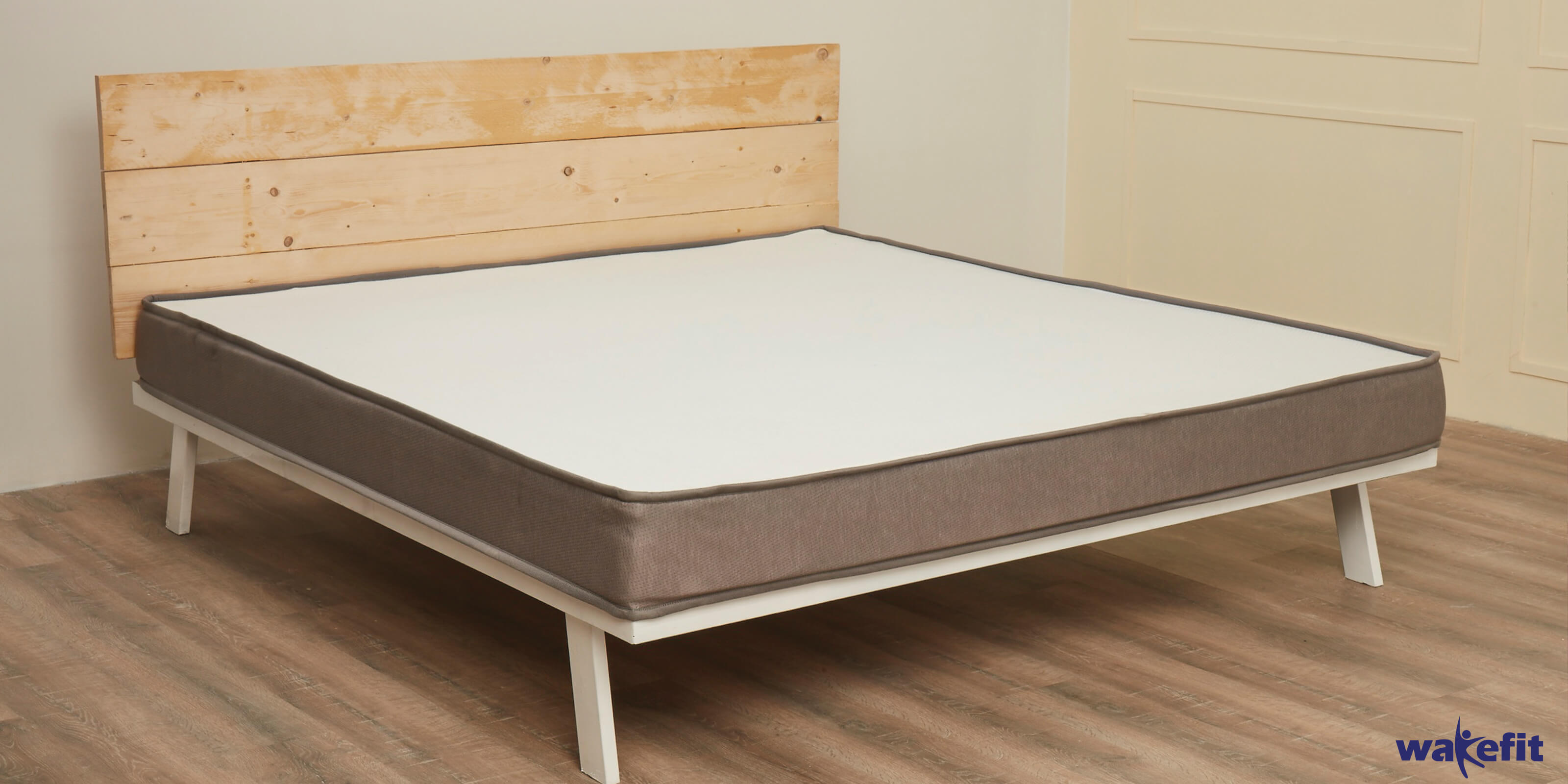Have you ever wondered why some people can wake up every day at the same time without setting an alarm clock? That is because their sleep wake cycle is set, and their body sends signals on when to wake or sleep. Or in other words, their circadian rhythm is working well.
But before we tell you everything about your sleep cycle, let us introduce you to the biggest sleep influencer Wakefit has onboarded. Kumbhkaran is in the house, and he’s already up to something! Check it out for yourself:
What is Circadian Rhythm Sleep?
A circadian rhythm is a natural internal process that runs in the body on a 24-hour cycle and carries out important processes and functions. Among the essential processes, the circadian rhythm is the sleep wake cycle. Various parts of the body synchronize with the clock in the brain and follow the circadian rhythm.
Things like light influence this clock, and hence the sleep wake cycle is tied to night and day.
Many factors can influence the circadian rhythm of sleep, and when it is not working properly, it can lead to sleep problems and even insomnia. Thus maintaining the cycle is important for the overall wellbeing of the person.
What is interesting is, the circadian rhythm is present even in plants and animals.
Suggested read: How Effective Are Sleep Trackers?
Factors Affecting the Sleep Wake Cycle and Circadian Rhythm
Many factors influence the sleep wake cycle. It is categorized broadly as:
- Internal factors
- External factors
Internal factors: One of the key factors that influence the circadian rhythm is the pineal gland. It is in the hypothalamus located in the brain near the skull. This pineal gland produces a hormone called melatonin which regulates the sleep wake cycle and also induces sleep. Additionally, it also helps in regulating the temperature of the body.
External factors: It is well-known that external factors affect the sleep wake cycle. A few of the important external factors that affect the circadian rhythm sleep are light and temperature.
When it is night, the body releases melatonin, and that helps in falling asleep. When there is light outside, the melatonin production is cut off, and that makes you awake. Stress and the food that you eat also affects the circadian rhythm.
Circadian Rhythm Sleep – How does it Work?
The word circadian rhythm is derived from the Latin word Circa Diem meaning around one day. It works by ensuring that the internal processes are optimized in 24 hours.
The circadian rhythm in the body is connected to a clock in the brain called the circadian pacemaker. It is found in the Suprachiasmatic Nucleus, SCN. At various times the clock, genes in the SCN send signals to optimize and regulate the activity in the body.
The SCN has high light sensitivity and is the most influential in maintaining the sleep wake cycle and sends a signal to sync the body’s internal clock. Hence the circadian rhythm is linked to day and night.
It also coordinates physical systems like the digestive system. At the usual timings of the meals, certain proteins are produced to aid in digestion. The circadian rhythm helps the endocrine system regulate hormones that aid in many processes.
How Circadian Rhythm Affects Sleep Wake Cycle
Most of the time, when the circadian rhythm is mentioned, it refers to sleep. The sleep wake cycle is one of the most critical examples of the need for maintaining circadian rhythm.
In 24 hours, when the light exposure is more, i.e. during the day, the master clock in the brain sends signals to keep us active and awake. As the day progresses and night approaches, the master clock facilitates melatonin production. This induces sleep and also helps to sleep through the night.
This is how the circadian rhythm helps to sync the sleep wake cycle with day and night.
What is a Circadian Rhythm Sleep Disorder?
Circadian rhythm sleep is needed for the body systems to work optimally and to have a healthy sleep wake cycle. But what happens if it is not working as expected? It can lead to sleep problems and is called the circadian rhythm sleep disorder. That is because there are no proper signals sent from the internal clock, and without that, the person is unable to sleep or wake up.
Additionally, the sleep quantity is also reduced, and that affects sleep quality. Over time it can lead to insomnia and daytime sleepiness. Since sleep plays an important role in overall health, when there is circadian rhythm disorder, it leads to many health issues.
Suggested read: Sleeping Habits for a Good Night’s Rest
How Much Sleep Do We Need?
| Age | Sleep in Hours |
| Infants up to 12 months | 12 to 16, including naps |
| 1 to 2 years | 11 to 14 hours, including naps |
| 3 to 5 years | 10 to 13 hours, including naps |
| 6 to 12 years | 9 to 12 hours |
| 13 to 18 years | 8 to 10 hours |
| Adults | Minimum of 7 hours |
Best Mattress for Sound Sleep

If you have a sleep wake cycle and a circadian rhythm that is not in sync, apart from following a proper sleep schedule, having a good mattress to sleep on is important.
The mattress that you sleep on should be comfortable as well as supportive. It should be of the perfect thickness and depth that suits your body weight to prevent aches and pains. Invest in a good mattress and maintain a healthy circadian rhythm.
The Sleep wake cycle is managed by a circadian rhythm, a natural process that the body goes through every day. To maintain a healthy rhythm, change in sleep and lifestyle to sync with nature prevents sleep issues and other irregularities in body processes associated with it.
You can have a look at Wakefit’s Orthopedic Memory Foam mattress for more information.

FAQs
- How do you fix circadian rhythm disorder?
To fix this disorder and have a good sleep wake cycle:
- Follow proper sleep hygiene
- Do bright light therapy by being in bright light every day for a certain amount of time.
- Adjust bedtime slowly until you reach the time you want.
- Make lifestyle changes like including exercise, reducing stress, etc.
- How long does it take to fix the Circadian Rhythm?
The time it takes to fix the circadian rhythm sleep depends on the reason. If you are adjusting to a different time zone, it takes a day per time zone. It takes a few weeks for an average healthy person to fix the sleep wake cycle, depending on the activities performed during the day.
- How do I Reset my Circadian Rhythm Sleep all Night?
Sleep hygiene and a proper schedule are essential for this. The benefits of a good sleep schedule are that it corrects the circadian rhythm and sleep wake cycle.
- How many hours should we sleep?
A healthy adult should sleep for a minimum of 7 to 8 hours. When it comes to children, infants need to sleep for 12 to 16 hours. 1 to 5 years need to sleep for 10 to 14 hours, and 6 to 12 years need to sleep for 9 to 12 hours. Children aged between 13 to 18 years sleep less, i.e. 8 to 10 hours.




No Comments